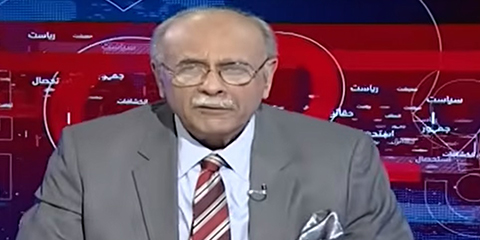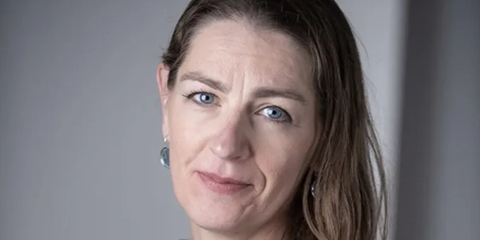Altaf Gauhar (1923-2000)
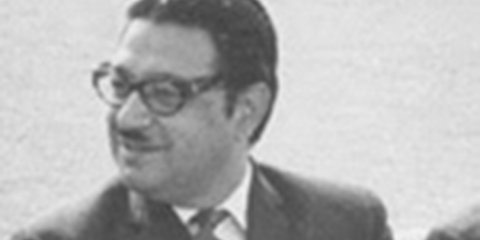
Altaf Gauhar was a man of extraordinary versatility, charm and intelligence. He was born in Gujranwala and received his education from the Government College, Lahore, after which he joined All-India Radio as a broadcaster.
He served the Pakistan government in various senior capacities. When General Ayub Khan assumed power in 1958, realizing the potential of young Altaf, he appointed him as Information Secretary.
During this period, unprecedented powers were bestowed upon Altaf to manage the press. Several draconian laws governing the press were passed, for which Altaf came under heavy criticism and for which he publicly apologized later.
Altaf left the civil service in 1969 and joined Dawn as editor. For his outspoken views, he was twice imprisoned; the second time when Zulfikar Ali Bhutto was in power.
Upon his release, he left the country and went to London where he joined the Bank of Credit and Commerce (BCCI). Being a sort of an intellectual impresario Altaf found time to simultaneously start from London academic journal Third World Quarterly; a monthly magazine South and also managed to launch the Third World Foundation.
He also wrote books on politics and some poetry and was deeply absorbed in the study of Quran of which he was to make several translations.
After BCCI's liquidation, Altaf returned to Pakistan and became editor-in-chief of The Muslim.
He died of cancer.
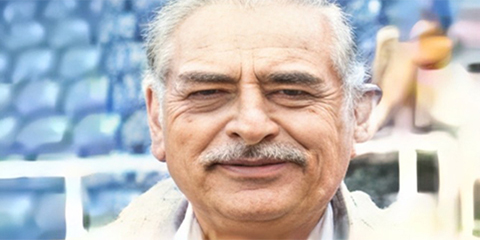
Farooq Mazhar
Farooq Mazhar was Pakistan's most prominent sports journalist, television commentator and former Editor of The News. He died on April 28, 2001 in Bahrain enroute to America after a short illness.
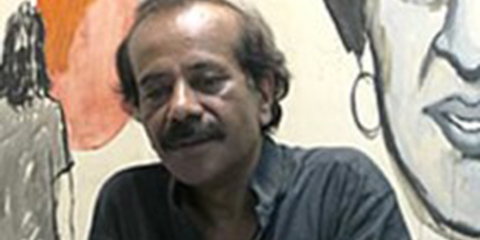
Rafique (Feica)
Born in 1957 in Multan, Feica started his schooling there, but could never take to studies. According to him, he was "only interested in drawing". He credits his father for allowing him to pursue his dream

Muhammad Ziauddin (1938-2021)
Muhammad Ziauddin, renowned as a capable and fiercely independent journalist, left a lasting legacy spanning over five decades. Known respectfully as Ziauddin Sahab, he was regarded as one of the last legendary journalists in Pakistan.
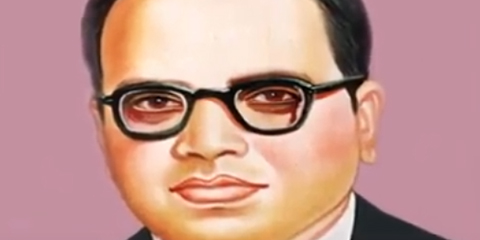
Hameed Nizami (1915-1962)
Hameed Nizami was an eminent journalist. He was the founder of the Urdu newspaper Nawa-i-Waqt, and played an important role in the Pakistan Movement. He was born on October 3, 1915 at Sangla Hill

Maleeha Lodhi
Maleeha Lodhi obtained her Ph.D in Politics from the London School of Economics in 1980, having received her B.Sc (Econ) from the same institution in 1976. She taught Politics and Sociology at
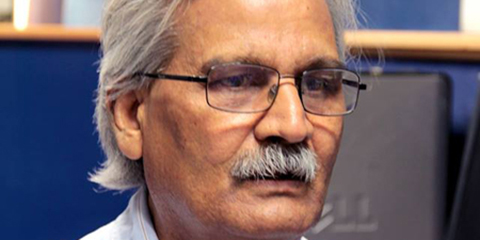
Nasir Zaidi
On May 13, 1978, four journalists courted arrest at the offices of Musawaat, among them was Nasir Zaidi, a quiet, unassuming and physically frail individual. They were driven away in chains for
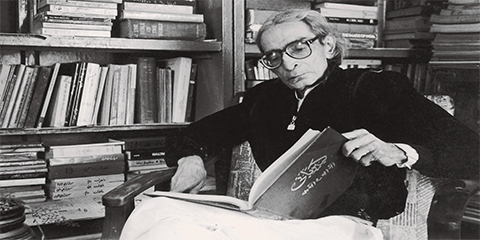
Zamir Niazi (1932-2004)
Zamir Niazi was a renowned Pakistani journalist, famous for his commitment to the freedom of the press. He worked for Dawn, Daily News and Business Recorder and also edited the monthly Recorder and the weekly Current.

Altaf Husain (1900-1968)
One of the pioneers of journalism in Pakistan, Altaf first came to notice with his forceful advocacy of Indian Muslims' case in colonial India through articles in the press (as a government servant he
Newsroom

Pakistan’s ad ban on Dawn sparks media freedom concerns
December 14, 2025 Dawn Media Group says Pakistan has imposed an unannounced ban on government advertising, drawing condemnation from media bodies over press freedom and independent journalism.
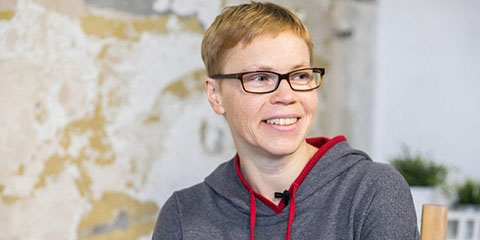
Belarus journalist Maryna Zolatava freed after four years
December 14, 2025 Belarusian journalist Maryna Zolatava was released after spending more than four years in detention, along with 123 other political prisoners, highlighting the ongoing struggles for press freedom under Lukashenko.
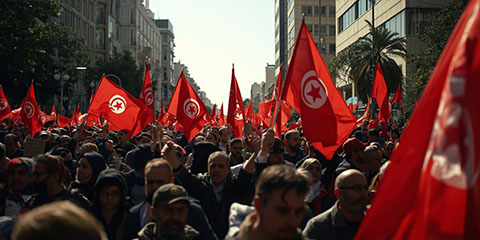
Tunisia protests revive press freedom concerns
December 14, 2025 Protests in Tunisia on December 13 spotlight jailed journalists and politicians, renewing international concerns over legal and administrative pressure on independent media.

PFUJ raises alarm over pressure on Dawn Media Group
December 14, 2025 Pakistan Federal Union of Journalists condemns the advertising ban on Dawn Media Group, warning that it threatens press freedom and calls on the government to restore ads immediately.

Japan anti-espionage law plan raises media freedom fears
December 14, 2025 Japan plans fast-track anti-espionage and secrecy laws, prompting warnings from legal experts and press advocates that broad rules could chill journalism and weaken source protection.





